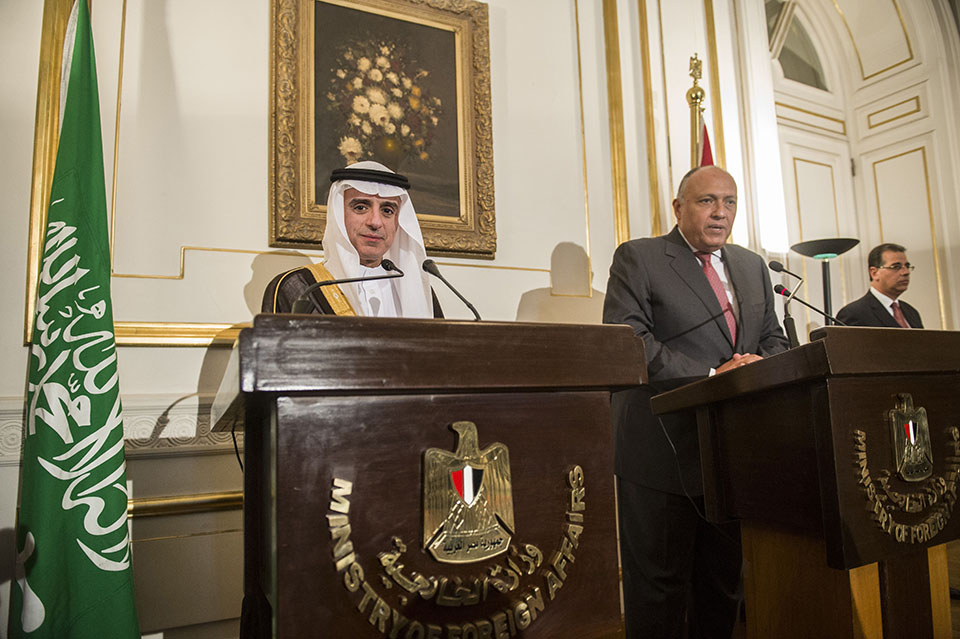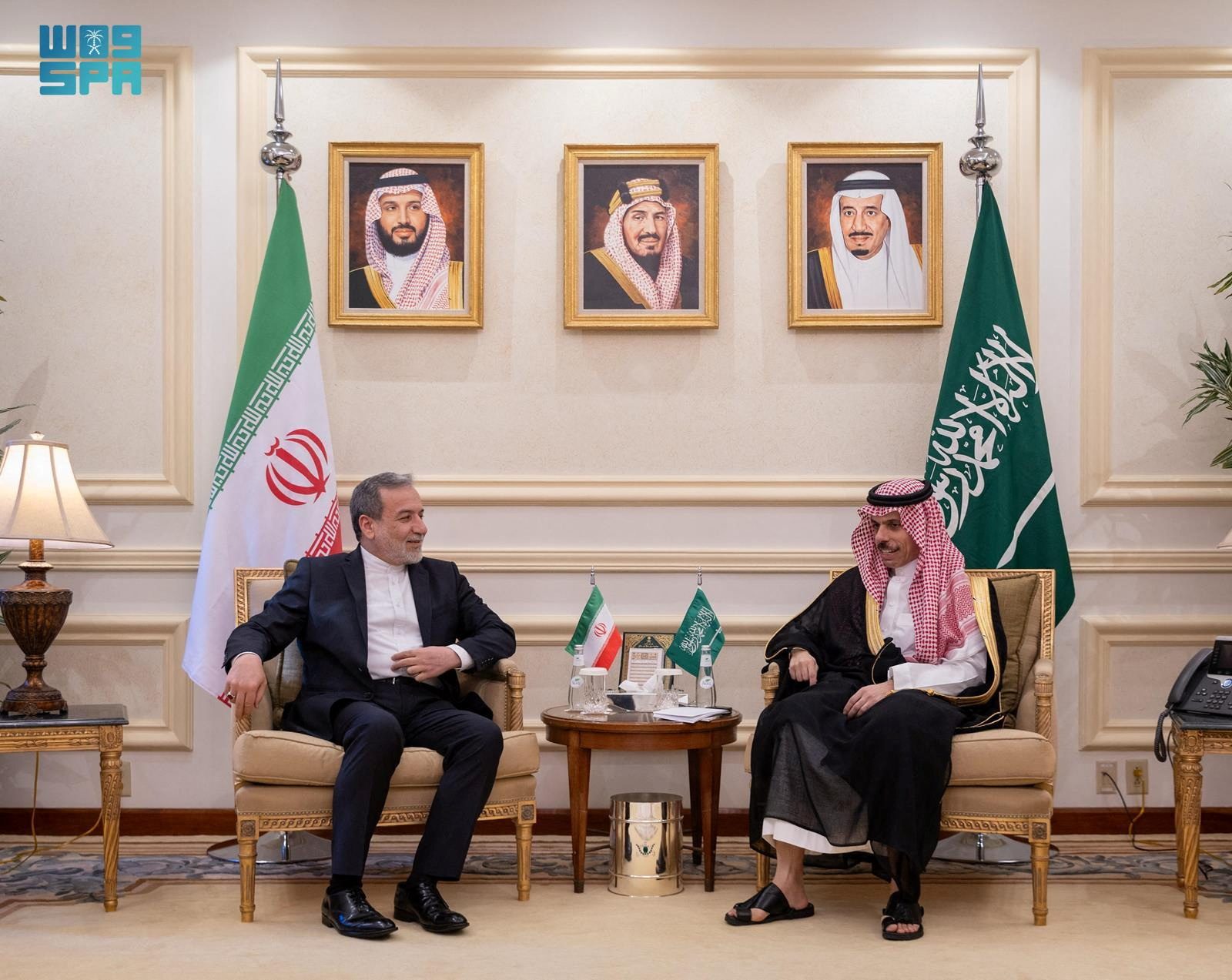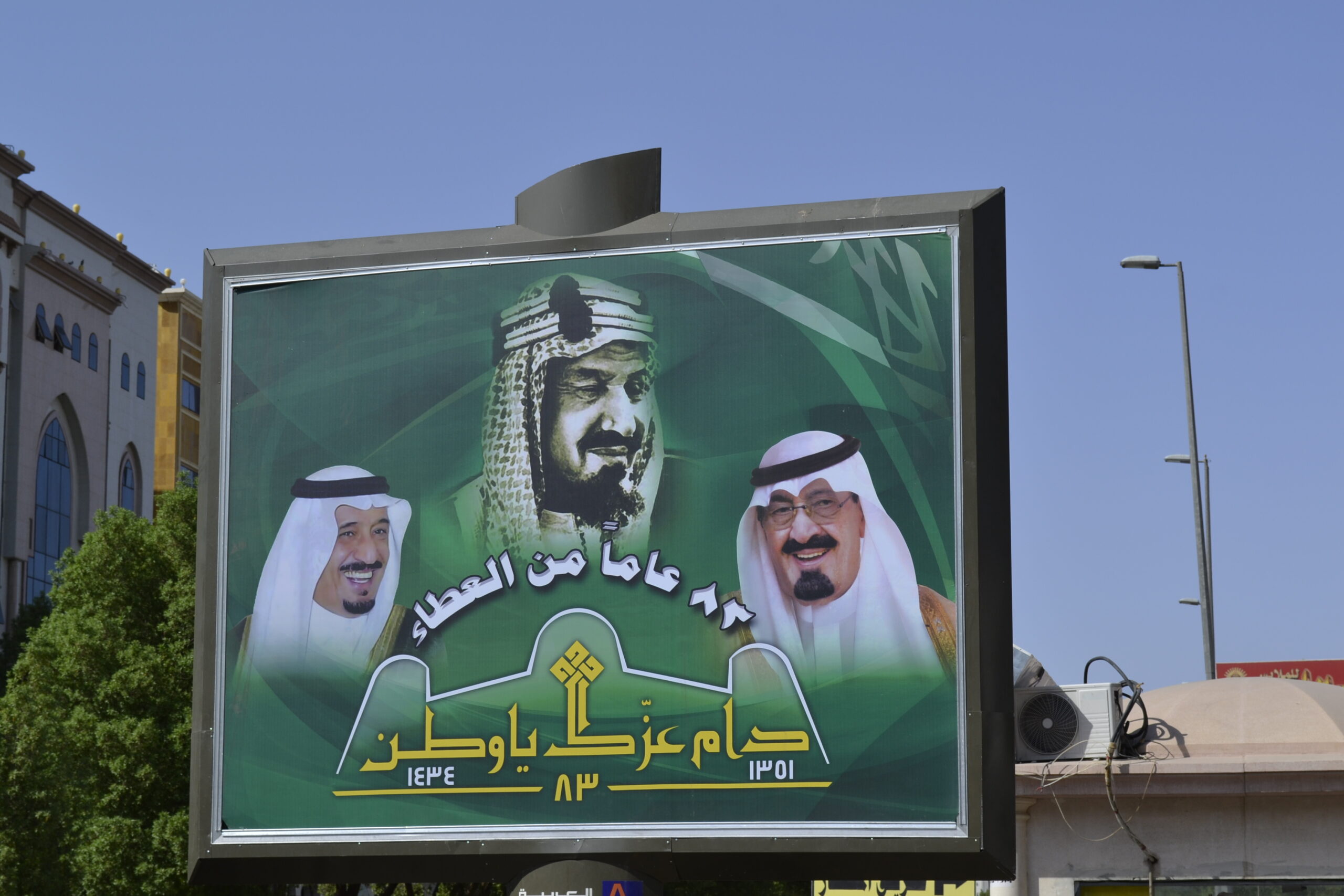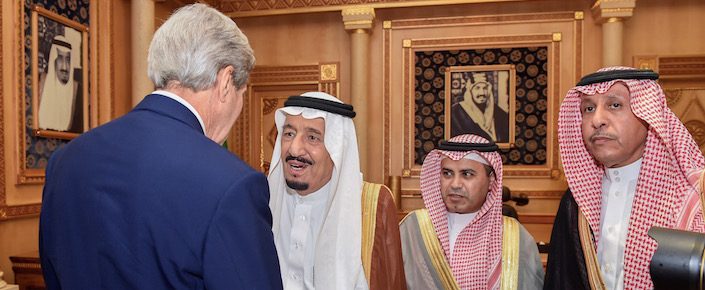Saudi-Egyptian Relations at the Crossroads
Saudi Arabia and Egypt, twin pillars of almost any viable unified Arab security and political front, have recently been moving to consolidate closer relations.

Executive Summary
Saudi Arabia and Egypt, twin pillars of almost any viable unified Arab security and political front, have recently been moving to consolidate closer relations. Egypt is the largest Arab country by population, and the epicenter of much of the most influential Arabic popular culture and intellectual output. Saudi Arabia is the unquestioned religious center for Sunni Muslims, particularly in the Arab world, and the largest and most powerful of the oil exporting Arab states of the Gulf region. Harmonious relations between Egypt and Saudi Arabia symbolize, in the minds of many, the bringing together and cooperative utilization of the human and natural resources that are available to the contemporary Arab world. Strong Egyptian-Saudi ties, therefore, have symbolic as well as practical significance for the Arab world. This paper will review the background of Saudi-Egyptian relations in order to evaluate what is likely to be in store for the two countries as they work together to consolidate their alliance and cooperate to strengthen their individual and joint regional postures.
The views represented herein are the author's or speaker's own and do not necessarily reflect the views of AGSI, its staff, or its board of directors.









Sep 9, 2016
A More Assertive Regional Role
Saudi Arabia has a long and mixed track record of involvement in Yemen’s numerous political conflicts, dating back to the early 1960s. Until last year, the kingdom’s inclination was to either use its extensive contacts with political and tribal elements to forge negotiated settlements or to choose a side in the conflict, assist it financially—occasionally...
3 min read